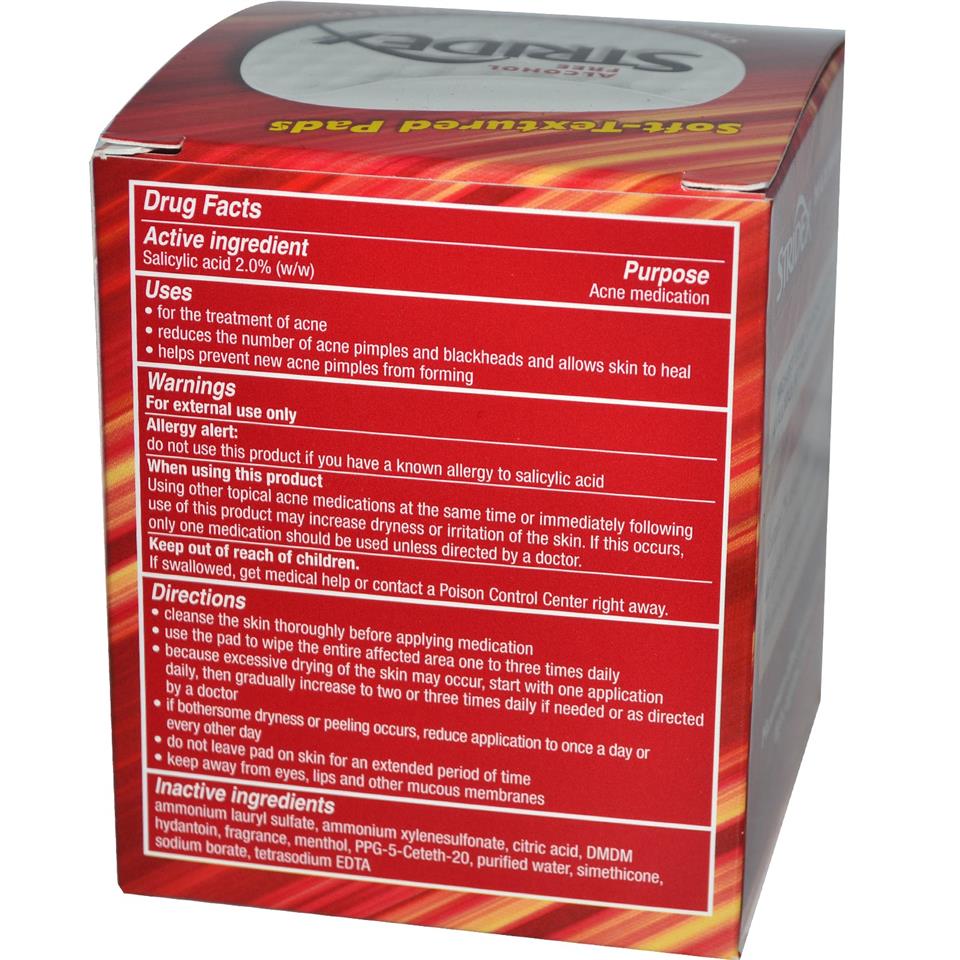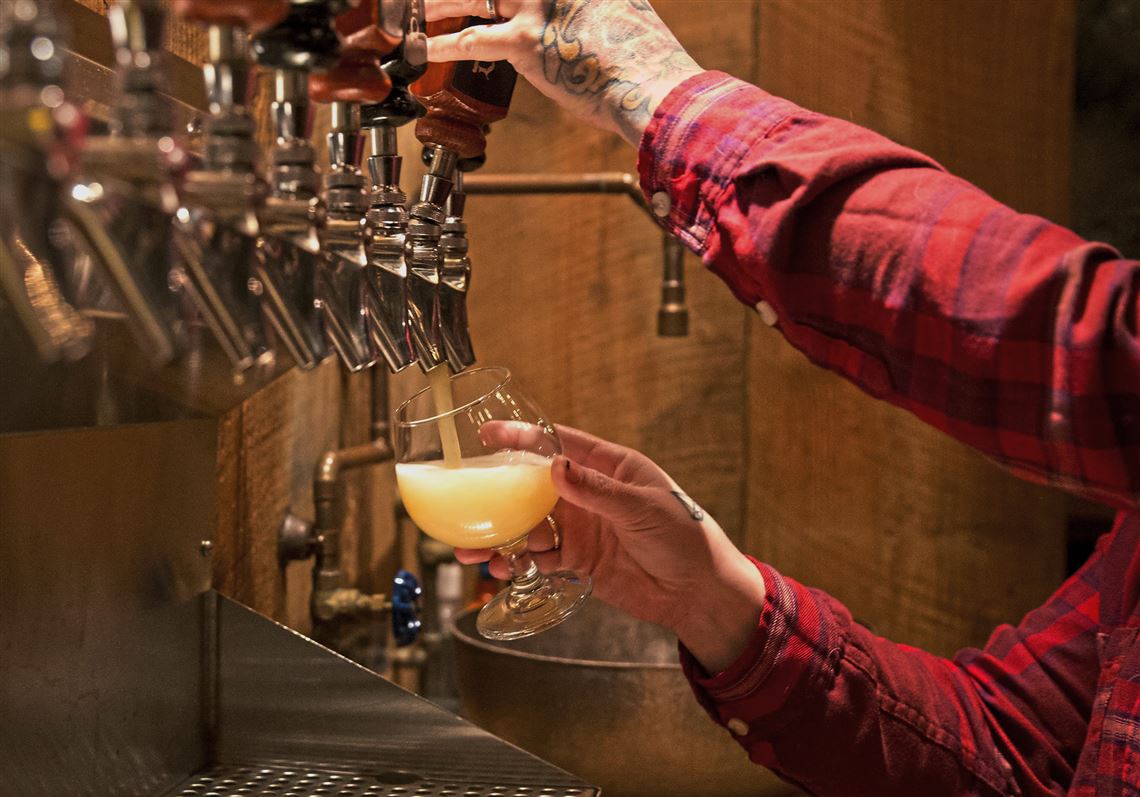We provide liquor control systems for bars and all the tools you need to help mitigate revenue loss due to overpouring, cash skimming, and theft. The Bar Profit Guys 800-285-2337. The Alcohol & Tobacco Division has two sections: Law Enforcement and Operations. Operations contains the Licenses and Permits Unit which receives and processes applications for wholesalers, importers, brokers, manufacturers and retailers of alcoholic beverages and tobacco products.
Georgia alcohol laws apply to all residents and visitors. It’s easy to think that its laws are the same as in other states. That could be a big mistake.
OverviewI. Alcohol Minimum Ages
II. More Alcohol Laws
III. Resources
IV. Get Legal Advice
I. Alcohol Minimum Ages
Many young people want part-time jobs. Hospitality offers many. Often around alcohol. How old must a person be to serve alcohol? To sell it for drinking elsewhere? To tend bar?
Georgia alcohol laws permit adults to tend bar. Adults are those 18 or older. They may also serve in venues that sell alcohol for on-site consumption.
No state alcohol law gives any minimum age for selling alcohol for off-site consumption.
Georgia alcohol laws permit some drinking under the age of 21. They may do so for religious purposes. Or when prescribed by a physician. The state also permits them to have alcohol in the home of a parent or guardian in their presence.
Many parents do this to demystefy alcohol and to teach moderation. They think it’s better for young people to learn to drink in the parents’ than in a fraternity house.
Buying alcohol a false ID is a criminal act. Also it’s illegal for anyone under 21 to drive with a BAC over 0.02.

II. More Georgia Alcohol Laws
Selling Alcohol
See Also
(In)Accuracy of Breathalyzers.
In Georgia, package stores sell distilled spirits. That’s bourbon, scotch, gin, vodka, rum, tequila, etc. Grocery and convenience stores sell beer and wine.
Because of local option, counties and towns set the days/times for alcohol sales. However, they may not permit sales before 8:00 a.m. or after 11:45 p.m. Mondays through Saturdays.
If local laws permit Sunday sales, businesses may not sell before 12:30 p.m. Sunday or remain open after 11:45 p.m. In addition, package stores may not sell on Sundays.
It’s a violation of Georgia alcohol laws to sell alcohol to anyone under the age of 21. The penalty is imprisonment for up to one year and a $1,000 fine. It’s important to know that Georgia treats non-alcoholic beer and wine as alcoholic beverages.
A business can be held responsible for alcohol-related accidents under certain conditions. One is if the seller did not obtain proper ID. The other is if the business sold alcohol to an intoxicated person.
The penalty for providing alcohol to anyone under 21 is jail for up to one year and a $1,000 fine. The court typically charges the provider with contributing to the delinquency of a minor.
Conviction for contributing to the delinquency of a minor may prevent people from entering certain jobs. They include law, education, social work, law enforcement, among others.
Parents may file a civil suit against an a person who provided alcohol to their offspring, including adults, under 21.
Counties with Sunday sales cannot sell alcohol until 12:30 p.m. For a map of Sunday alcohol sales restrictions, see Georgia Counties.
Buying Alcohol
It’s illegal for anyone to buy, or attempt to buy, any alcoholic beverage. Retailers may confiscate false IDs and report it to law enforcement.It’s also illegal for those under 21 to possess alcohol. However, the cases are so numerous that the Legislature has intervened.
As a result, first-time offenders may plead guilty. Then the court may dismiss the charges under certain conditions. These are generally probation, a fine, community service, and an alcohol awareness class. A judge decides the necessary conditions.
In addition, some prosecutors agree to expunge the record as part of the plea agreement.
It’s illegal for anyone to possess an unregistered, unlabeled beer keg. The penalty is imprisonment for up to 12 months and a fine up to $1,000. The same penalty applies to destroying the label on a keg.
Driving and Alcohol
Visit Avoid a DUI in Georgia (5 Things You Need to Know about DUI).
Georgia alcohol laws prohibit driving under the influence (DUI). For those 21 or older, that’s driving a regular vehicle with a blood alcohol concentration (BAC) of 0.08% or higher. It’s 0.04% for those driving commercial vehicles. And it’s 0.02% for those under 21.
The exact penalties for DUI depend on the judge and the circumstances of the case. That includes age, type of license, the BAC, any previous convictions, and many other factors. Also, those drivers with a BAC of 0.15% or above receive higher punishment. The law requires some penalties, others are within ranges, and some are up to the judge.
DUI Penalties Age 21 & Older
First Offense
- License suspension for up to one year.
- Fine of $300 to $1,000.
- License reinstatement fee of $210.
- Community service of 40 hours.
- DUI Alcohol or Drug Risk Reduction Program, for which offender must pay $355.
- Possible jail for up to one year.
Second Offense within five years
- Jail for two to 365 days.
- License suspension for 18 months to three years.
- Fine of $600 to $1,000.
- License reinstatement fee of $210.
- Community service of at least 30 days.
- DUI Alcohol or Drug Risk Reduction Program, for which offender must pay $355.
- Possible interlock ignition device (IID) on vehicle. This prevents the car from starting if there’s alcohol on the driver’s breath.
Third Offense
- Jail or at least 15 days.
- License revocation for five years.
- Confiscation of license plate.
- Fine of $1,000 to $5,000.
- License reinstatement fee of $410.
- Community service of at least 30 days.
- DUI Alcohol or Drug Risk Reduction Program, for which offender must pay $355.
- Clinical evaluation and treatment.
- Status of Habitual Violator.
- Name, address, and photo published in offender’s local newspaper, for which perpetrator must pay.
DUI Penalties Ages 16-20

First Offense
- License suspension for six months for BAC under 0.08.
- Suspension for one year for BAC 0.08 or over.
- License reinstatement fee of $210.
- DUI Alcohol or Drug Risk Reduction Program, for which offender must pay $355.
Second Offense within Five Years
- License suspension for 18 months regardless of BAC level.
- License reinstatement fee of $310.
- DUI Alcohol or Drug Risk Reduction Program, for which offender must pay $355.
- Clinical evaluation and possible treatment.
Third Offense within Five Years
- License suspension for five years.
- License reinstatement fee of $410.
- DUI Alcohol or Drug Risk Reduction Program, for which offender must pay $355.
- Clinical evaluation and possible treatment.
State Of Georgia Liquor License
DUI Penalties Age 15 and Younger
First Offense
- License suspension until age 17.
- DUI Alcohol or Drug Risk Reduction Program, for which offender must pay $355.
- License reinstatement fee of $210.
Second Offense
- License suspension until age 18.
- DUI Alcohol or Drug Risk Reduction Program, for which offender must pay $355.
- License reinstatement fee of $310.
Third Offense
- License suspension until age 18.
- DUI Alcohol or Drug Risk Reduction Program, for which offender must pay $355.
- License reinstatement fee of $410.
Driver Rights
Pa Liquor Control Board
All drivers have a U.S. Constitutional right to decline submitting to a chemical BAC test. However, the state punishes those who do so with drivers who use their right. It’s a license suspension for up to one year. If a court convicts them of a first DUI, their suspension isn’t for “up to” one year. It’s a mandatory one year suspension. For a second DUI, the license suspension is for three years instead of 18 months to three years.
Field SobrietyTests

But Georgia alcohol laws do not penalize drivers who refuse to take a field sobriety test. These are highly inaccurate. In fact, 30% of completely sober people fail them. That is, about one of every three people with a BAC of 0.00% fail to pass.
Police have clever ways to talk drivers into taking the tests. They often falsely insist that the law requires it. Not true. They may say the test will prove they’re innocent. But police don’t consider passing as proof of sobriety. Therefore, taking the test never helps drivers. It only harms them.
Georgia Liquor Control Board
Not surprisingly, lawyers strongly urge people never, ever to take them. They say to politely refuse. And do so over and over if necessary.
Learn much more at Never Take a Field Sobriety Test Say DUI Lawyers.
Boating and Alcohol
Georgia alcohol laws prohibit boating under the influence (BUI). That is, operating a boat, personal watercraft (PWC), water skis, sailboard, wakeboard or similar device while intoxicated. Nor may an owner permit anyone else to do so.
Those age 21 or older are guilty of BUI if they operate while their BAC is 0.08 or higher. This is also true if police detect drugs. Those under 21 are guilty if their BAC is 0.02 or higher.
Penalties
Those convicted of BUI face fines of up to $1,000 and/or imprisonment for up to one year. They may not operate a vessel until successfully completing an approved DUI Alcohol or Drug Use Risk Reduction Program.
If anyone age 13 or younger is onboard, the offender is also guilty of endangering a child. Conviction of this crime can have adverse impact on career choices.
Boaters who use their right to decline BAC test may not operate a vessel for up to one year. The state may falsely argue in court that the use of the right proves guilt.
III. Resources on Georgia Alcohol Laws
IV. Get Legal Advice on Drinking Laws in Georgia
Georgia’s alcohol laws, like those of other states, can change. So can their interpretation. Do not rely on this site. Nor on any other site.
Georgia Liquor Laws
And beware. Neighbors may describe incidents. Co-workers may give advice. Friends may express views. Kin may “know it all.” Strangers may chime in. But law is not “do it yourself.” Lawyers spend years studying it. And even they make mistakes.
Georgia Liquor Control Board
Get information and advice about Georgia alcohol laws from a lawyer holding a license in the state. The state bar association has a free lawyer referral service.
Ohio Liquor Control Website
It’s best to pick a lawyer who specializes in alcohol. Law is very complex. You wouldn’t want your family MD to do brain surgery.